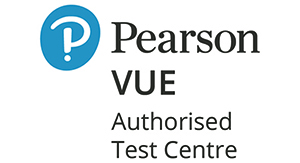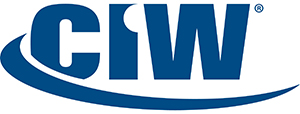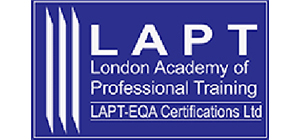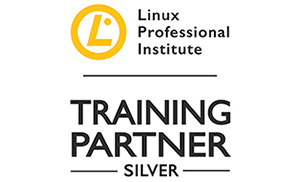What is Business Analysis?
Business analysis is a methodology used to evaluate business processes and practices, and to determine the scope for improvements. This may include implementing new manual processes and procedures, a reorganisation of business functions, new IT systems, or a combination of these.
Business analysts (BA) need to document existing business processes and create what are called “process models???. These models are built using tools, often software based, that allow for the investigation and development of improvements. A BA may get involved in helping the business take on these new improvements.
Why do you need to improve business analysis skills?
It is theoretically possible to walk in off the street and take on any job in a company. But would you be very good at it? Could you be a good accountant with no prior experience or relevant education? No. The same is true with business analysis. A trainee BA need to be shown methods used to document department processes and procedures in such a way that the results can be fed into the development of improvements and, maybe, new IT systems.
One way to improve skills is to attend a formal training course. Logitrain, one of the foremost IT training companies in Australia, runs courses in Business Analysis. These use a syllabus from ISEB (Information Systems Examination Board – now known as BCS Professional Certification). A typical course covers:
- Role and competencies of a business analyst
- Strategy analysis
- Business system and business process modelling
- Stakeholder analysis
- Investigation and modelling techniques
- Requirements engineering
- Business case development
- Management of business change
What “soft skills??? are needed to be a good BA?
A BA must work continuously on his or her “soft skills??? to become a more effective BA, one that is of more use to the company. This will make the BA’s role easier, more efficient, and perhaps even more enjoyable.
Good interpersonal skills – A BA needs to be able to get on well with everyone. The job entails spending considerable time with business workers, investigating and documenting current processes and practices. It also requires a lot of involvement with technical team members designing new and improved IT systems. You have to get on well with business users so that they explain things correctly and efficiently. They may well offer suggestions for improvements.
Strong desires to learn – A good BA recognises that he or she doesn’t know everything. There needs to be a lot of enthusiasm for learning about a new business area or a new industry sector. There are always new things to learn!
Team player – Business analysis is not a standalone job. By necessity, it feeds into other areas such as new IT system development. Consequently, a BA has to be able to work well with others when developing new processes, procedures, and systems. Team members need to be able to be comfortable with exchanging ideas, working together on problems and devising effective solutions.
Relationship builder – A BA has to be able to build excellent relationships with both business and technical team members in order to do a great job. These relationships have to be on-going and lasting. Business users have to believe that a BA has their best interests at heart and won’t drop a worthless solution into their laps.
Facilitator – Very often, the best solutions to business issues arise from round-table workshops that include representatives from the business and the systems’ team. The BA needs to be able to manage and facilitate these workshops so that they achieve what they set out to accomplish.





































































